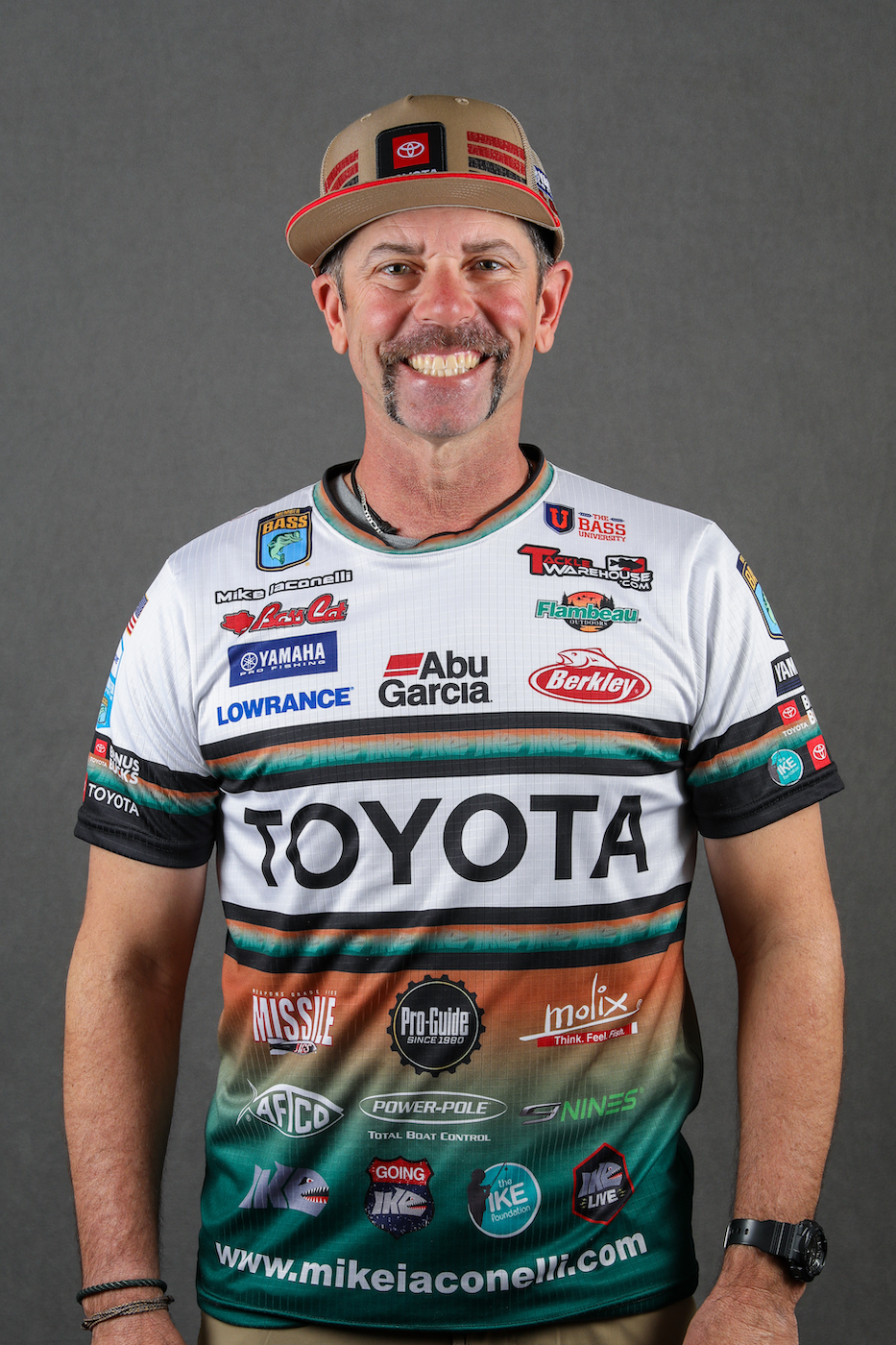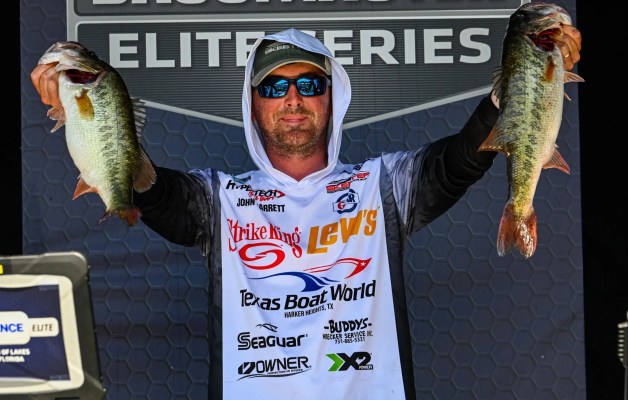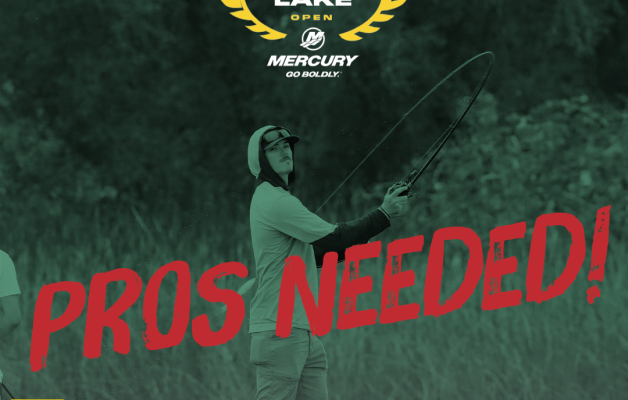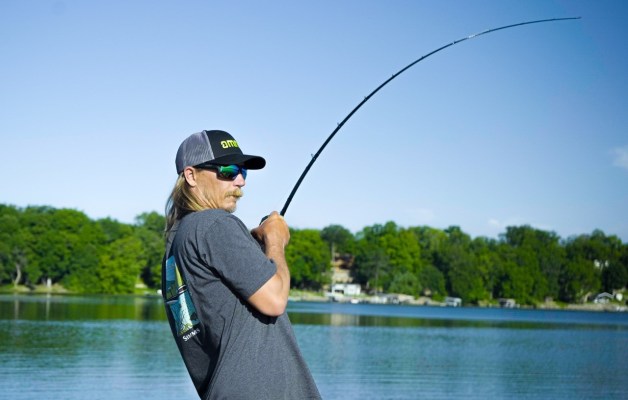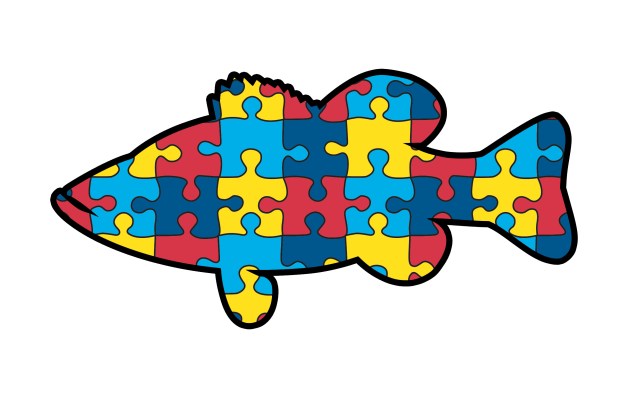This week, in the final part of Classic Prep, we’re going to talk about training. I selected the word training rather than preparation or practice for a reason. I’ve already completed my preparation, at least what I can do at this point, and I don’t need to practice fishing. I already know how to do that. What I need is to train for what I’ll be facing in February.
The first thing is cold weather. I’ll spend at least a few hours on the water every day up here. It’s cold and miserable in New Jersey right now. I want to get used to that. Wind, snow and ice can really mess you up if you don’t know how to handle it. And there’s no way to learn how to handle it other than to go out in it.
If my reels freeze, my line gets stiff, tying knots is tough or anything else comes up in Oklahoma I want those things to be just another day on the water. After 30 or 40 days of training I’ll be able to deal with them without thinking it’s a big deal.
The other thing I’m going to do is train myself how to fish specific types of places. Let’s say I found some big chunk rock in 20 feet of water near a channel when I was out on Grand Lake last week. That’s a likely place to find them during the Classic. But, I still need to know how to fish a spot like that — with several different types of lures.
So what I’ll do is find a similar place up here and go to work. I’ll train myself to fish that spot with a jig, with a deep crankbait, with a Carolina rig and with anything else I can think of that might catch one.
This is really important. I want to know what my lures will do under very specific conditions. It could be that a certain type or weight of jig has a tendency to hang on big rock. The last thing I want is to find that out in the middle of the afternoon of the second day of our Classic. I want to know it now so I don’t tie that one on. I can make a different choice.
Line and tackle performance is important, too. I want to know how every bait will perform on every type and test-weight of line I own. If I want a bait to run 18 feet I want to know what line to spool, what reel to use, how fast to crank it and what rod I should be using.
In a tournament like a Bassmaster Classic you can’t afford to take chances or to be unprepared. There’s no deadwood in a Classic. Nobody pays a fee just so he can say he fished or because he fancies himself a professional. Everybody earned their right to fish. If you show up unprepared you’ll go home early. I’ve gone home early. I didn’t like it.
Mike Iaconelli’s column appears weekly on Bassmaster.com. You can also find him on Facebook and Twitter.

